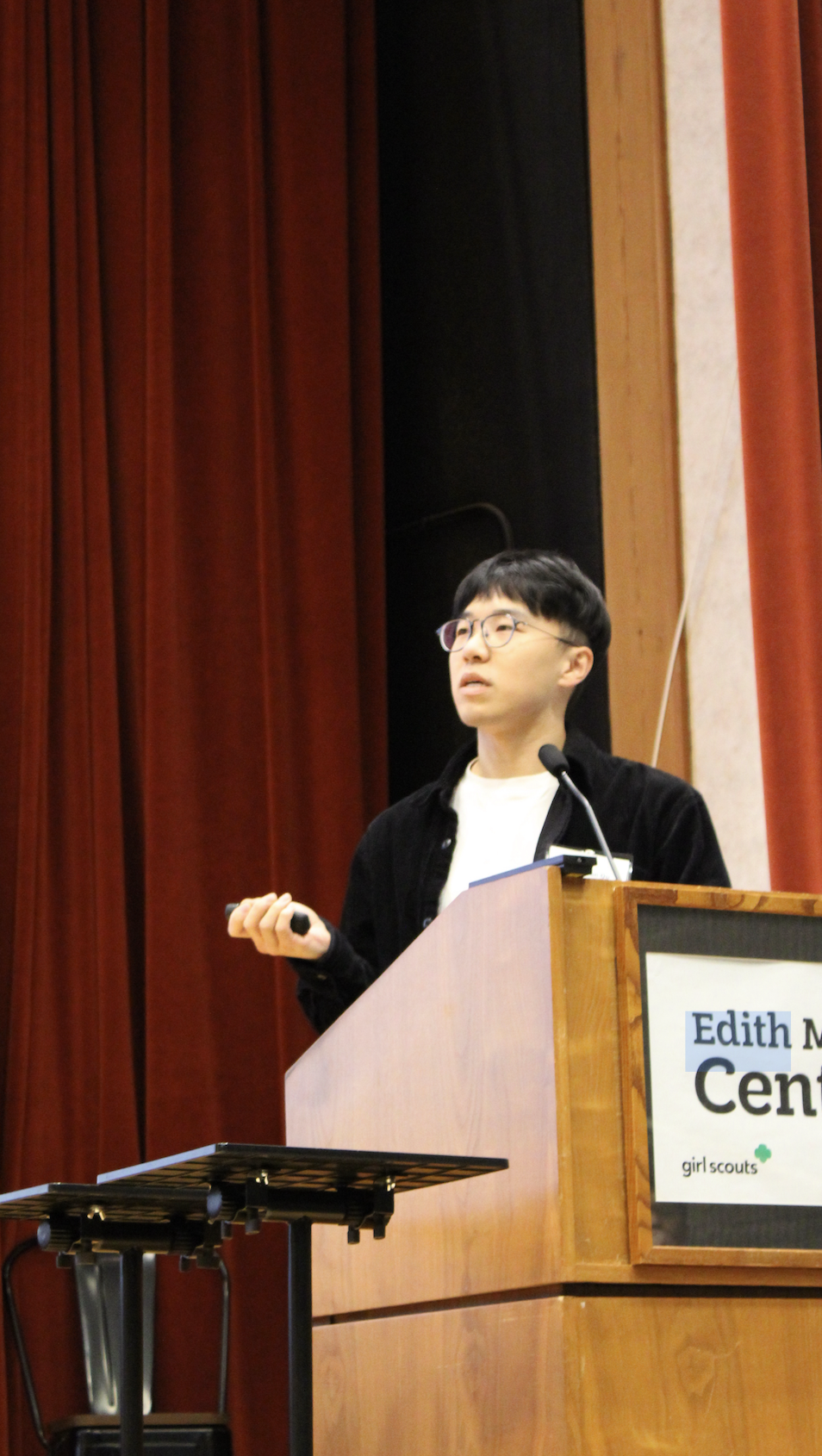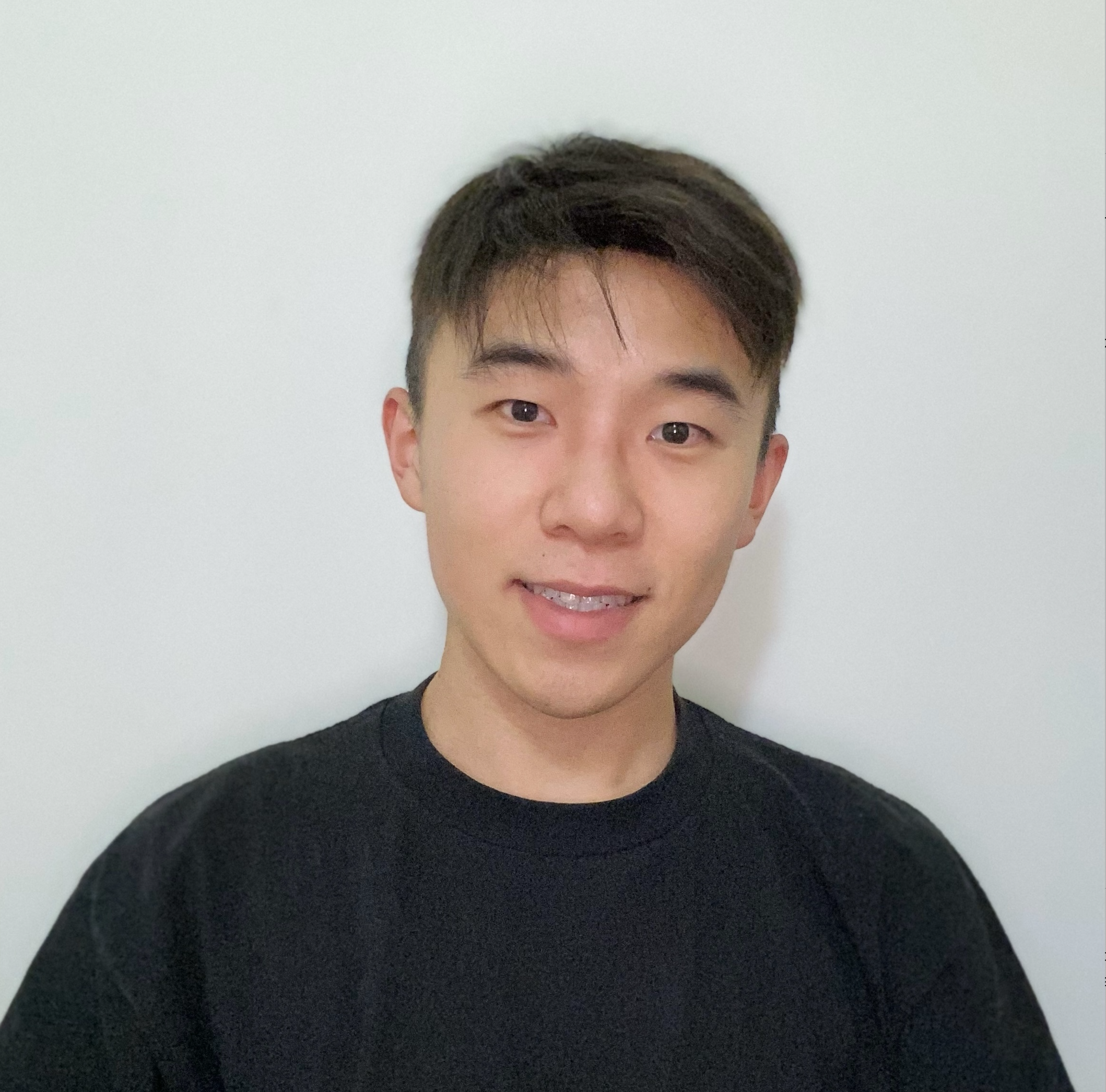Yongquan Qu
 I am a third-year Ph.D. candidate in the Department of
Earth and Environmental Engineering at Columbia University, advised by Pierre Gentine. I am a graduate research assistant of the NSF Science and Technology Center “Learning the Earth with Artificial Intelligence and Physics” (LEAP). I am also affiliated with the “Multiscale Machine Learning In Coupled Earth System Modeling” (M2LInES) project.
I am a third-year Ph.D. candidate in the Department of
Earth and Environmental Engineering at Columbia University, advised by Pierre Gentine. I am a graduate research assistant of the NSF Science and Technology Center “Learning the Earth with Artificial Intelligence and Physics” (LEAP). I am also affiliated with the “Multiscale Machine Learning In Coupled Earth System Modeling” (M2LInES) project.
I’m generally interested in machine learning for their integration with dynamical systems and numerical methods, aimed specifically at advancing the simulation of physical processes within atmospheric and climate dynamics. Currently, my primary research delves into atmospheric boundary layer turbulence and data assimilation, using scientific machine learning, generative models, and differentiable programming.
Before coming to Columbia, I obtained my M.Phil. degree in Atmospheric Environmental Science from Hong Kong University of Science and Technology, supervised by Xiaoming Shi. At HKUST, my research was to use differentiable programming and transfer learning to improve hybrid ML-physics models. Prior to HKUST, I obtained my B.Sc degree in Mathematics and Applied Mathematics from Lanzhou University. I was an undergraduate research assistant in Yu-Mei Huang’s Group, mainly studying compressed sensing: sparse representation and convolutional sparse representation.
News
-
(Jul. 2024) I will be joining Pasteur Labs as a Simulation Intelligence Intern conducting research and development in Scientific Machine Learning!
-
(Apr. 2024) Our paper on Deep Generative Data Assimilation in Multimodal Setting is accepted at CVPR 2024 Workshop EarthVision 2024.
-
(Mar. 2024) Our proposed ICML 2024 workshop Machine Learning for Earth System Modeling: Accelerating Pathways to Impact has been accepted to be held at the conference.
-
(Mar. 2024) Our paper on Joint Parameter and Parameterization Inference with Uncertainty Quantification through Differentiable Programming is accepted at ICLR 2024 Workshop on AI4DifferentialEquations in Science.
-
(Feb. 2024) I will be co-mentoring 2024 LEAP Summer REU Program (for undergraduate students) and Summer Momentum Fellowship program (for Ph.D. students) at Columbia. Apply by March 10 and join us for cool climate data science research!
-
(Feb. 2024) ChaosBench – our benchmark dataset for S2S prediction – is available now. Please check our Homepage, Preprint and HuggingFace!
